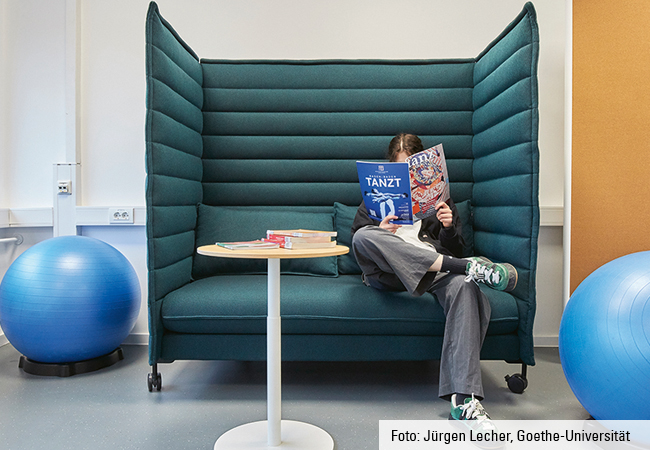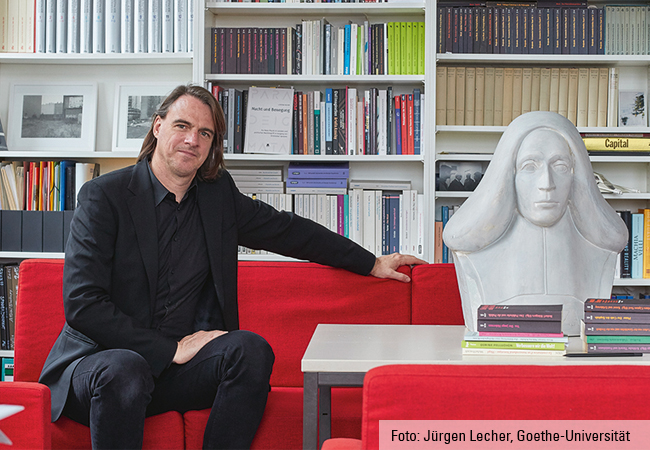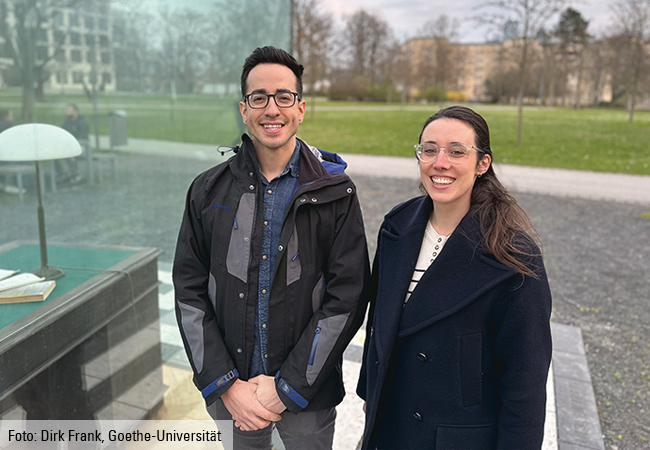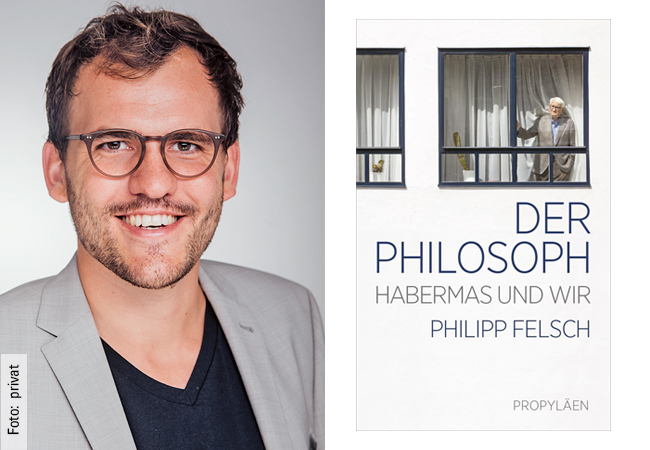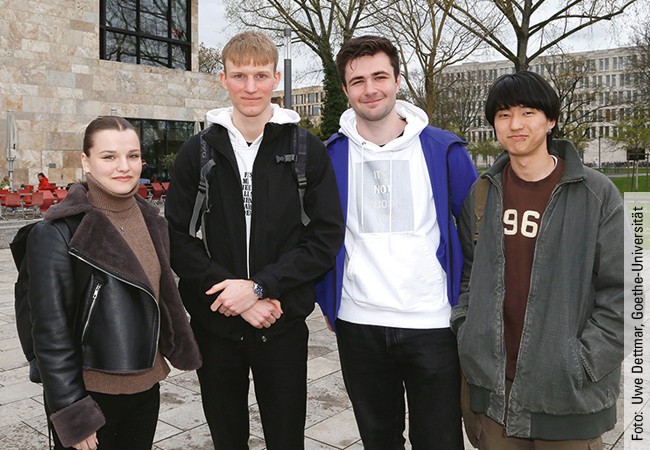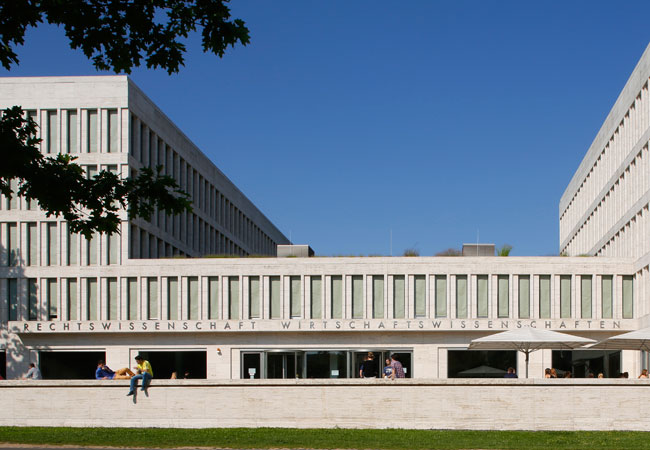
Researchers at Goethe University launch a website on the status of women working in economic research institutions in Europe
A website presenting the results from a web-based tracking tool about the proportion of women working in economic research institutions in European countries was launched on Tuesday, May 28. The new website provides extensive and reliable data, without which the status of women in economics would be impossible to assess. Using a web-scraping algorithm, data is collected from the public websites of all research institutions in Europe, with particular focus on Europe’s 300 most highly ranked economics research institutions.
The website is the result of years of work. It began with an idea from the Women in Economics Committee of the European Economic Association (EEA), whose objectives include collecting data on the status of women in economics professions in Europe. WinE Committee member Guido Friebel, and Sascha Wilhelm, both at Goethe University Frankfurt, expanded the data collection efforts with financial support from EEA. Friebel is also a fellow at CEPR in London and IZA in Bonn.
The website presents information about the proportion of women in different positions in universities, business schools, and other institutions. It paints a similar picture for Europe as in the USA, but there are substantial differences between the countries and regions of Europe. Institutions that rank higher in terms of their research output tend to have less women in senior positions. The finding supports the “leaky pipeline” hypothesis, according to which women are subject to a double burden, resulting in disadvantages in their career development. Surprisingly, higher ranking institutions also employ few women at the junior level as well. The website is meant to help promote the debate about women’s representation in society, and to develop avenues for further data collection and research.
Website: https://www.women-economics.com


